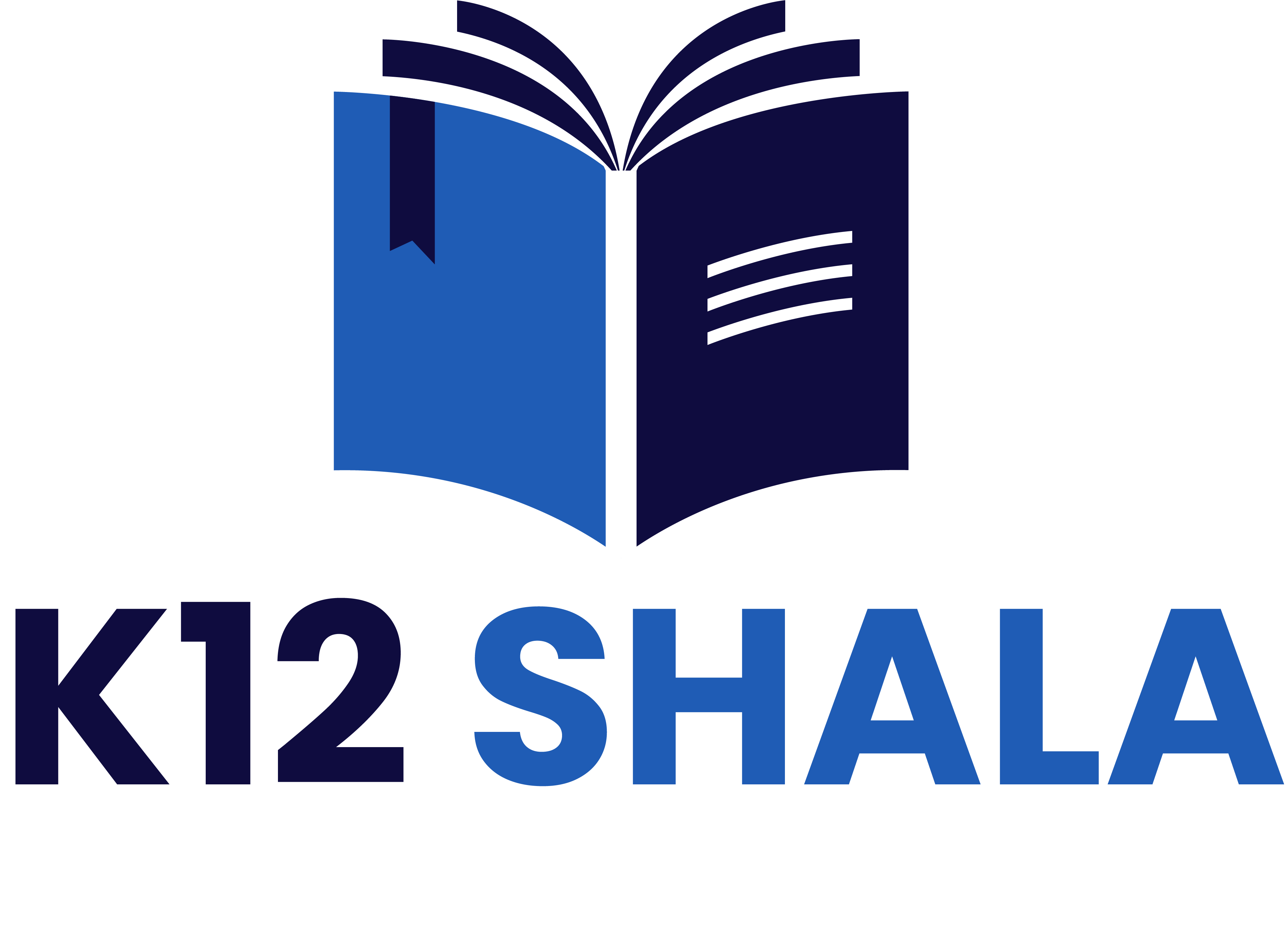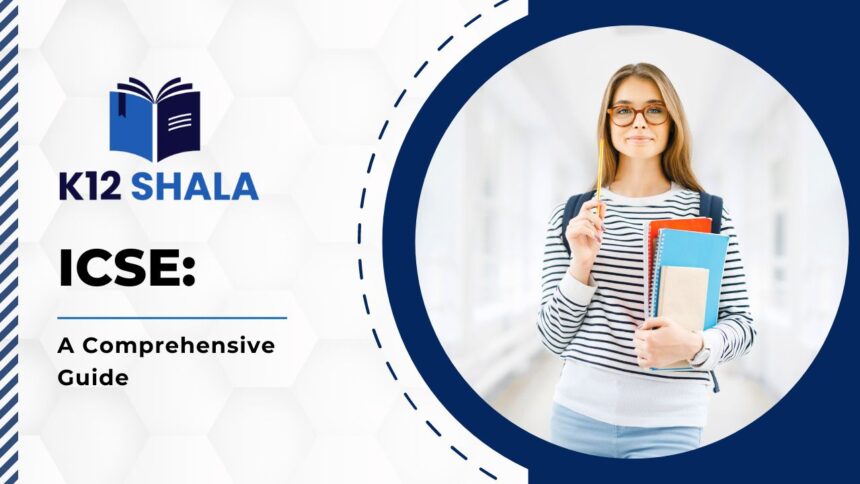Welcome to the ultimate guide on ICSE – the Indian Certificate of Secondary Education. If you’re a student, parent, or educator navigating the realm of educational boards in India, you’ve likely come across this acronym. But what exactly is ICSE? How does it differ from other boards like CBSE and State Boards? Join us as we unravel the intricacies of the ICSE curriculum, explore its history and evolution, breakdown its examination pattern, and provide valuable tips for acing those exams. Whether you’re already enrolled in an ICSE-affiliated school or just curious about this board’s offerings, this comprehensive guide has got you covered!
What is ICSE?
The Indian Certificate of Secondary Education (ICSE) is a renowned educational board in India that conducts examinations for students completing their class X education. Established by the Council for the Indian School Certificate Examinations (CISCE), ICSE aims to provide a comprehensive and holistic learning experience. What sets ICSE apart is its focus on English as a medium of instruction, promoting language proficiency and analytical skills among students.
The curriculum covers a wide range of subjects, including languages, sciences, mathematics, social studies, and more. Emphasizing a balanced mix of academics and extracurricular activities, ICSE encourages overall skill development in students. With an updated syllabus catering to modern educational trends, ICSE strives to prepare learners for real-world challenges beyond traditional rote memorization techniques.
History and Evolution of ICSE
The history and evolution of the ICSE board dates back to 1958 when it was established to provide a standardized education system across India. Initially known as the Council for the Indian School Certificate Examinations, it aimed to enhance educational standards in the country.
Over the years, the ICSE board has evolved its curriculum to incorporate modern teaching methods while maintaining a strong foundation in core subjects. This evolution reflects a commitment to academic excellence and holistic development among students.
With its rigorous syllabus and emphasis on critical thinking skills, the ICSE board has carved a niche for itself in the Indian education system. It strives to prepare students not just for exams but also for real-world challenges by fostering creativity and analytical abilities.
How is ICSE different from other boards?
When it comes to the ICSE board, it stands out for its rigorous and comprehensive curriculum that focuses on a holistic education approach. Unlike other boards, ICSE places equal emphasis on subjects like English, Mathematics, Science, Social Studies, and Languages.
ICSE promotes critical thinking skills through its in-depth study material and encourages students to think beyond rote memorization. The board also includes practical exams in subjects like Science to test application-based knowledge.
Another key difference is the examination pattern where ICSE assesses students through a combination of internal assessments and final exams. This helps in evaluating a student’s overall performance throughout the academic year.
Furthermore, ICSE’s grading system is structured to provide a detailed analysis of a student’s strengths and weaknesses in different subjects. This enables personalized learning strategies for improvement.
The distinctive features of ICSE set it apart from other boards by fostering a well-rounded educational experience that prepares students for future challenges successfully.
Curriculum and Subjects in ICSE
The ICSE curriculum is known for its holistic approach towards education. It encompasses a wide range of subjects, including languages, sciences, mathematics, social sciences, and arts. This diverse curriculum aims to provide students with a well-rounded education that goes beyond just academics.
One unique aspect of the ICSE curriculum is its emphasis on English language proficiency. Students are required to study literature and grammar in depth, which helps them develop strong communication skills. Additionally, subjects like History and Geography offer a global perspective, enriching students’ understanding of the world around them.
Science subjects in ICSE focus on practical applications and critical thinking rather than rote memorization. Mathematics challenges students to think logically and analytically. The inclusion of subjects like Art and Physical Education promotes creativity and physical well-being among students.
The ICSE curriculum prepares students not only for academic success but also for personal growth and development.
Examination Pattern and Grading System
When it comes to the Examination Pattern and Grading System in ICSE, it’s essential for students to understand how they are evaluated. The ICSE board follows a comprehensive assessment structure that includes both internal assessments and external examinations.
The examination pattern typically consists of written exams along with practical assessments in subjects like Science. This combination allows students to showcase their knowledge and skills effectively. Additionally, the grading system in ICSE is based on a numerical scale from 0 to 100, with grades ranging from A1 to E.
Students are evaluated not only on their academic performance but also on their understanding of concepts and application of knowledge. This holistic approach ensures that students develop a well-rounded skill set beyond just rote memorization.
Understanding the Examination Pattern and Grading System can help students strategize their study plan effectively and focus on areas where they need improvement. By grasping these nuances, students can navigate the evaluation process with confidence and aim for academic excellence.
Tips for Preparing for ICSE Exams
Preparing for ICSE exams can be a challenging task, but with the right strategies, you can ace your tests with confidence. Start by creating a study schedule that allows you to cover all subjects effectively without feeling overwhelmed. Prioritize topics based on their weightage in the exam to allocate your time wisely.
Utilize past question papers and sample papers to familiarize yourself with the exam pattern and types of questions asked. Practice solving them under timed conditions to improve your speed and accuracy. Make concise notes while studying each subject to aid in quick revisions before the exams.
Form study groups or seek help from teachers or tutors whenever you encounter difficulties understanding certain concepts. Stay consistent with your preparation and take short breaks in between study sessions to avoid burnout. Maintain a healthy lifestyle by getting enough sleep, staying hydrated, and eating nutritious meals to keep your mind sharp during this crucial period.
Pros and Cons of the ICSE Board
The ICSE board offers a well-rounded education, emphasizing a holistic approach to learning. One of the main pros is its comprehensive curriculum that covers a wide range of subjects, providing students with a strong foundation in various disciplines.
Another advantage of the ICSE board is its focus on English language proficiency and communication skills, which are essential for higher education and future career opportunities. Additionally, the examination pattern encourages critical thinking and analytical skills development.
On the flip side, some may find the syllabus rigorous and demanding, leading to increased academic pressure on students. The detailed syllabus can sometimes be overwhelming for learners who prefer a more streamlined approach to studies.
Moreover, the grading system in ICSE can be perceived as strict by some individuals, potentially affecting students’ confidence levels. Despite these challenges, many students thrive under the ICSE board due to its emphasis on all-around development and academic excellence.
Future Opportunities for ICSE Students
Looking ahead, ICSE students have a plethora of opportunities awaiting them after completing their schooling. The rigorous academic curriculum and comprehensive learning approach of the ICSE board prepare students well for various career paths.
With a strong foundation in subjects like Mathematics, Science, Languages, and Social Sciences, ICSE students are equipped to pursue higher education in diverse fields such as Engineering, Medicine, Humanities, Business Management or even Arts.
Furthermore, the holistic development fostered by the ICSE system nurtures skills like critical thinking, problem-solving abilities and effective communication – all highly valued in today’s job market. This opens doors for ICSE graduates to excel not just academically but also professionally in their chosen fields.
Whether aspiring to become doctors or engineers, artists or entrepreneurs – the future holds endless possibilities for ICSE students who have honed their skills through this enriching educational journey.
Common Misconceptions about ICSE
ICSE is often misunderstood as being too difficult compared to other boards. However, this misconception stems from the rigorous academic standards set by the Council for the Indian School Certificate Examinations. While ICSE does demand a high level of understanding and application of concepts, it also provides students with a well-rounded education that goes beyond rote memorization.
Another common misconception is that ICSE limits career options. On the contrary, ICSE’s comprehensive curriculum equips students with critical thinking skills and a deep understanding of subjects, making them adaptable to various career paths in the future.
Some may believe that ICSE focuses solely on academics at the expense of extracurricular activities. In reality, ICSE encourages holistic development by incorporating sports, arts, and community service into its curriculum.
Understanding these misconceptions can help students make informed decisions about their educational journey under the ICSE board.
Challenges faced by students under the ICSE board
Navigating the ICSE board can be a rewarding yet challenging journey for students. One of the common hurdles faced by students is the extensive syllabus that requires thorough understanding and retention. The depth of knowledge expected in subjects like Mathematics and Science often demands dedicated study hours.
Furthermore, the rigorous examination pattern with a focus on analytical thinking and application-based questions can put pressure on students to think beyond rote memorization. Time management during exams becomes crucial as ICSE tests not only knowledge but also problem-solving skills under strict time constraints.
Another challenge faced by students is striking a balance between academics and extracurricular activities. While ICSE encourages holistic development, managing time effectively for both studies and hobbies can be demanding.
Moreover, adapting to the continuous assessment system and maintaining consistency throughout the academic year poses its own set of challenges for ICSE students. Regular practice, revision, and seeking help when needed are essential strategies to overcome these obstacles successfully.
Conclusion
The ICSE curriculum offers a holistic approach to education, focusing on both academics and extracurricular activities. It provides students with a well-rounded education that prepares them for future challenges. While there may be some misconceptions and challenges associated with the ICSE board, the benefits it offers in terms of comprehensive learning and diverse opportunities outweigh any drawbacks.
As students navigate through their ICSE journey, it is essential for them to stay focused, manage their time effectively, seek help when needed, and maintain a balance between studies and other activities. By following these tips and understanding the nuances of the ICSE curriculum, students can excel in their exams and pave the way for successful futures.
Choosing the ICSE board can be a rewarding experience for students willing to put in the effort and dedication required. With its rigorous academic standards and emphasis on critical thinking skills, ICSE equips students with not only knowledge but also valuable life skills that will serve them well beyond their school years. Embrace the opportunities provided by the ICSE curriculum and embark on a fulfilling educational journey filled with growth and development.










